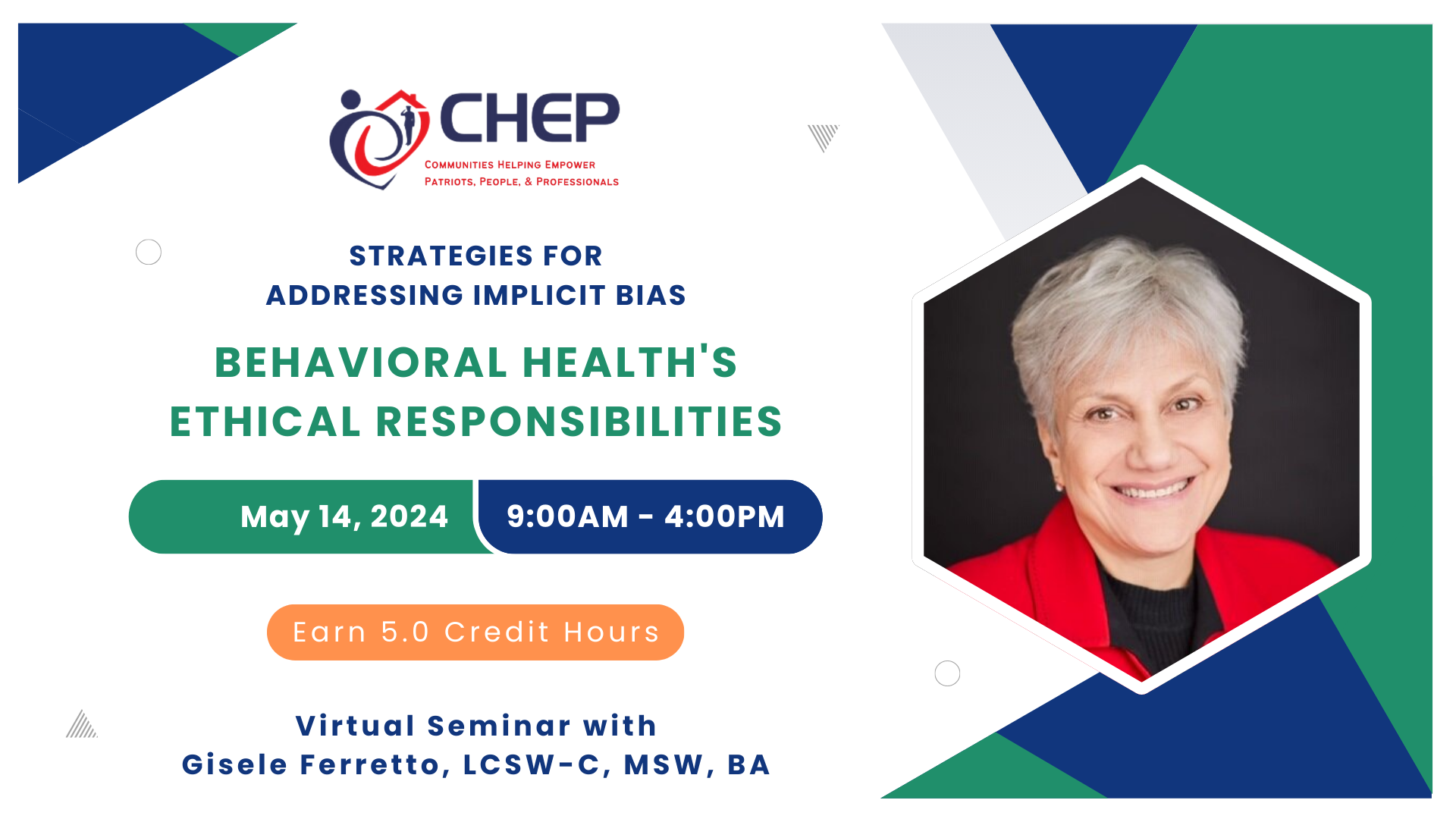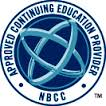
Loading…

Tags
Select the Use button to add a tag to the body of your email. You may also use tags in the subject of your email by copying and pasting them directly in.
| {FIRST_NAME} | Adds the recipients First Name. | Use |
| {LAST_NAME} | Adds the recipients Last Name. | Use |
| {COMPANY_NAME} | Adds the Company Name. | Use |
| {PORTAL_NAME} | Adds the application portals name. | Use |
| {MEMBER_NAME} | Adds the Recipients Membership name. | Use |
| {SIGNATURE_OPT_IN} | Adds the Opt-in link. | Use |
| {SIGNATURE_OPT_OUT} | Add the opt-out link. | Use |
| %signature% | Adds your preferred signature block. | Use |
| {Event_Start_Date} | Adds the Event's Start Date.(Events Only) | Use |
| {Event_End_Date} | Adds the Event's End Date.(Events Only) | Use |
| {Event_Name} | Adds the Event's Name.(Events Only) | Use |
| {Event_Description} | Adds the Event's Description.(Events Only) | Use |
| {Online_Training_Description} | Adds the Online Training Description.(Online Training Only) | Use |
| {Event_Specific_Dates} | Adds the Event's specific dates.(Events Only) | Use |
| {member_number} | Adds the Membership Number. | Use |
| {MemberSince} | Adds the Member Since Date. | Use |
| {CONTACTEMAIL} | Adds the Contact's Email Address. | Use |
| {EVENT_CREDITS} | Adds the Event's Credits.(Events Only) | Use |
| {CERTIFICATE_NUMBER} | Adds the Contact's Certificate Number | Use |
| {EVENTLOCATION} | Adds the Event's Location. | Use |
| {TOTALEVENTCREDITS} | The total number of credits that the contact has earned through the event tickets and workshops. | Use |
| {ASAPPEARSONBADGE} | Display the text of as appears field in the event setup. | Use |
| {contact_organization} | Displays the organization name of the contact. | Use |
| {RENEWALDATE} | Adds the Member Renewal Date in (yyyy-mm-dd). | Use |
| {MEMBERSHIP_YEAR} | Adds the Member's Membership Year | Use |
| {RENEWALDATE_MM-DD-YYYY} | Adds the Member Renewal Date in (mm-dd-yyyy). | Use |
| {LMS_CREDIT} | The number of credits the LMS course is worth for Continuing Education | Use |
| {COLLECTION_PERIOD_END-DATE_YYYY_MM_DD} | The end date of the CE collection period end date | Use |
| {LMS_COURSE_COMPLETION_DATE} | The completion date of the LMS course | Use |
| {INCEPTION_DATE} | Adds the Member Inception Date in (yyyy-mm-dd). | Use |
| {EVENT_END-DATE_MONTH_YYYY} | Adds Event End Date in Full Month Name and Year Format.(Events Only) | Use |
| {EVENT_END-DATE_MONTH_YYYY_ADD3} | Adds Event End Date in Full Month Name and Year Format Plus 3 Years.(Events Only) | Use |
| {WORKSHOP_NAME} | Adds the workshop name (if applicable) | Use |
| {WORKSHOP_DESCRIPTION} | Adds the workshop description (if applicable) | Use |
| {WORKSHOP_CREDITS} | Adds the workshop credit for related workshop (if applicable) | Use |
| {TOTALWORKSHOPCREDITS} | Adds the sum of all workshop credits for related event (if applicable) | Use |
| {Event_Start_Date_DD-MM-YYYY} | Adds the Event's Start Date in (dd-mm-yyyy).(Events Only) | Use |
| {Event_End_Date_DD-MM-YYYY} | Adds the Event's End Date in (dd-mm-yyyy).(Events Only) | Use |
| {RENEWALDATE_DD-MM-YYYY} | Adds the Member Renewal Date in (dd-mm-yyyy). | Use |
| {RENEWAL_DATE_MONTH_DD_YYYY} | Adds the Member Renewal Date in (Month Dth, yyyy). | Use |
| {INCEPTIONDATE_DD-MM-YYYY} | Adds the Member Inception Date in (dd-mm-yyyy). | Use |
| {TODAYSDATE} | Adds the current date. | Use |
| {TODAYSYEAR} | Adds the current year. | Use |
| {QR_CODE} | Adds the QR Code for their contactID, name, and emailAddress | Use |
| {WORKSHOP_DATE} | The date of the workshop (if applicable). | Use |
| {WORKSHOP_START_TIME} | The start time of the workshop (if applicable). | Use |
| {WORKSHOP_END_TIME} | The end time of the workshop (if applicable). | Use |

Strategies for Addressing Implicit Bias: Behavioral Health's Ethical Responsibilities:
Pricing and Registration Info Click Here
CLICK HERE TO VIEW ACCREDITATION INFORMATION
Date: May 14, 2024
Location: Virtual
Get ready to elevate your professional expertise at the must-attend event of the year – "Strategies for Addressing Implicit Bias: Behavioral Health's Ethical Responsibilities." This accredited workshop, offering 5 Continuing Education Credit Hours, is tailor-made for Social Workers, Nurses, Certified Counselors, Addiction Counselors, Psychologists, Doctors, and more.Dive into the heart of behavioral health's ethical challenges as we focus on empowering professionals with cutting-edge strategies to tackle implicit bias in their practice.
Join us for a dynamic exploration where we'll delve into identifying and responding to microaggressions on both individual and agency levels. Engage in hands-on exercises to sharpen your recovery strategies when facing microaggressions. Our comprehensive content covers the legal definition of implicit bias in behavioral health, providing real-time legal references to relevant statutes and ethical codes of practice. Don't miss this opportunity to enhance your skills, network with industry leaders, and stay ahead in the ever-evolving landscape of behavioral health. Secure your spot now!
| Time | Title | Topics Covered |
|---|---|---|
| 8:30 AM | Registration | CHEP Education and Training Staff |
| 8:50 AM | Housekeeping Announcements | CHEP Education and Training Staff |
| 9:00 AM | Welcome and Setting of BRAVE Space |
|
| 10:30 AM | Break | |
| 10:45 | The Relationship of Self and Socialization on Professional Practice |
|
| 12:00 PM | Lunch Break | |
| 1:00 PM | Principles of Macroagressions, Implicit Bias, and Axis of Privilege |
|
| 3:15 | Evaluation |
Course Descriptions and Learning Objectives
This workshop is focused on the development of strategies to address the common, yet complex ethical issues concerning implicit bias that behavioral health professionals face in their practice. It will explore techniques for responding when microaggressions are identified on the individual practice level and on the agency level and provide opportunities to practice strategies for recovery when microaggressions are made. Content will also cover the legal definition of implicit bias and the identification of implicit bias in behavioral health practice. Current legal references will be provided concerning relevant statutes and the ethical codes of practice for behavioral health professionals.
Learning Objectives:
- Examine the meaning of implicit bias and its impact on the delivery of behavioral health services.
- Explore role of ethics when delivering services to diverse clients and working with diverse co-workers.
- Incorporate strategies into practice for addressing implicit bias in practice.
- Review the Maryland statutes and regulations that govern ethical professional behavior and implicit bias including Health Occupations §19 (Social Workers), §17 (Professional Counselors and Therapists), §18 (Psychologists), Health General § 20-1301, and COMAR 10.42.03, 10.58.03 and 10.36.05.
Speaker Bio - Gisele Ferretto, LCSW - C, MSW, BA
Ms. Ferretto has over 39 years of social work experience in both clinical and macro practice areas. Her areas of expertise include: policy and leadership development, cultural competence, professional ethics, supervision, confidentiality, child welfare practice, social work education, and curriculum development. Ms. Ferretto provides consultation and training for private and public agencies in her areas of expertise. She has served on a variety of committees and boards at the local, state, and national level developing policy and program initiatives. Currently, Ms. Ferretto is on faculty at the University of Maryland School of Social Work. Prior to her positions at the SSW, she served as an administrator at the Maryland Department of Human Services for 11 years in the following programs: Child Protective Services, Office of Equal Opportunity, and the Office of Staff Development and Training.
Registration Rates:
| Type | Regular | How To Access These Rates |
| Community Provider Virtual | $110.00 | Want to track all your certificates and CHEP Trainings in 2024 - Become a Member. It's Free to become a member - click here to join |
| Department of Veterans Affairs (VISN 5) Virtual | $80.00 | These rates are only available to VA-VISN 5 employees who register as a CHEP Member. It's free to become a member - Click here to join |
Accreditation Information
| Accrediting Body | Number of Credits |
| Maryland Board of Social Work Examiners | 5.0 |
| West Virginia Board of Social Work Examiners (WVSW) | 5.0 |
| AMA PRA Category 1 Credits | 5.0 |
| National Board for Certified Counselors (NBCC) | 5.0 |
| NAADAC | 5.0 |
Maryland Board of Social Work Examiners
Chesapeake Health Education Program, Inc. is authorized by the Board of Social Work Examiners in Maryland to sponsor social work continuing education learning activities and maintains full responsibility for this program. This training qualifies for 5.0 Category 1 continuing education credits.
West Virginia Board of Social Work Examiners (WVSW)
Strategies for Addressing Implicit Bias: Behavorial Health’s Ethical Responsibility is approved by the WV Board of Social Work Examiners for 5.0 continuing education contact hours. Approved Provider Name: IAP-Chesapeake Health Education Program, Inc. Approved Provider Number: 499999.
AMA PRA Category 1 Credits™: Physicians
Chesapeake Health Education Program, Inc. is accredited by MedChi, The Maryland State Medical Society, to provide continuing medical education for physicians.
The Chesapeake Health Education Program, Inc. designates this live activity for a maximum of 5.0 AMA PRA Category 1 Credits™.
Physicians should claim only the credit commensurate with the extent of their participation in the activity.
5.0 NBCC Credit Hours

The Chesapeake Health Education Program, Inc. has been approved by NBCC as an Approved Continuing Education Provider ACEP No. 6140. Programs that do not qualify for NBCC credit are clearly identified. The Chesapeake Health Education Program, Inc. is solely responsible for all aspects of the program.
NAADAC
This course has been approved by CHEP as a NAADAC Approved Education Provider for 5.0 CEs. NAADAC provider number 62665, CHEP is responsible for all aspects of their programing.
Conflict of Interest Disclosure(s): All presenters and the Planning Committee report they have no relationships with commercial organizations to disclose. There will be no discussion of off-label products.
Target Audience: This course is geared towards the following disciplines: addiction counselors, certified counselors, nurses, physicians, physician assistants, psychologists, social workers, and students. Targeted audience does not guarantee specific discipline credit; please review the above continuing education section for full CEU listing.
Educational Methods Used: Lecture, PowerPoint Presentation, Video, Case Study
Cancellation Policy:
Cancellations for Strategies for Addressing Implicit Bias: Behavioral Health's Ethical Responsibilities must be made no later than one week prior to the program date, and refunds are subject to a 10% processing fee. No refund option will be available for cancellations made less than one week prior to that program date. No-shore registrants will forfeit any payment made for the program. CHEP does not offer vouchers for cancellations for these conferences.
https://www.chepinc.org/education-credits/virtual-in-person-programs/
CHEP’s Grievance Procedure: https://www.chepinc.org/wp-content/uploads/2018/07/Grievance-Procedure-revised-7-27-2018.pdf
Virtual Learning Policy and Procedure: https://www.chepinc.org/wp-content/uploads/2021/04/CHEP-Virtual-Learning-Policy-and-Precedure.v421.pdf
Presented by: Chesapeake Health Education Program (CHEP)
Address: PO Box 229, Perryville, MD 21903
Questions:
Please contact CHEP at (410) 642-1195 or email us at programs@chepinc.org
Strategies for Addressing Implicit Bias: Behavioral Health's Ethical Responsibilities
- Tuesday May 14 2024, 8:20 AM - 4:45 PM
-
United States
Personal information:
Personal information is collected on this website only when you voluntarily submit it by, for example, registering for the website, or updating your user profile. We respect the privacy of your personal information. Any collected personal information will not be shared, sold, or disclosed to any person or party, and will only be used within to communicate our news, events, and other services with you.
Information collected from your computer or other electronic device:
We may also collect information about your online activities and your computer or other electronic device when you visit this website. This information may include your Internet Protocol (IP) address, domain name, browser type, date and time of your request and information provided by tracking technologies, such as cookies. This information does not identify any individual. We may also use tracking devices to identify websites that you visit before and after this website. This tracking helps us to understand our users better and to improve our website and the information it provides and to maintain and administer the website. This tracking does not involve the collection of personal information.
Access and choice:
Keeping your information accurate and up-to-date is important so we can provide you with helpful information and services. You may update, correct, or delete personal information by modifying your user profile. You can choose not to receive information about specific products and services, or any other promotional materials, from us by direct mail and/or e-mail at any time by modifying your communication preferences also located in your user profile.
Links to other websites:
We may provide links to third-party websites. We are not responsible for and cannot control the privacy practices of those other sites. Those sites will have their own privacy policy which may be different from this privacy policy. Please check the privacy policy for each site you visit.
Changes to the privacy policy:
We reserve the right to revise this privacy policy at any time. You will be notified of any significant changes made herein.
Thank you,
{COMPANY_NAME}
By completing purchases with us you agree to have your Credit card and personal information securely stored as part of a payment profile within a 3rd party payment gateway. This securely stored payment profile will be used, when authorized, for automated recurring payments and will allow for easier and faster checkouts. No credit card information is stored within Member365 and all payment data is accessed by way of a secure API. Under no circumstances do we share credit card or personal details.
Who can access the chep.member365.org member portal?
Please note that the chep.member365.org member portal is to be used by members of chep.member365.org only. Certain workspaces within the member portal will be tailored for and restricted to certain membership types; access to these areas will be determined and approved by chep.member365.org staff. The Content that is displayed in your member portal will automatically vary based on your user / membership type.
What can be posted?
To ensure all interactions within the chep.member365.org member portal are safe and friendly, chep.member365.org staff will oversee the member portal activity and will review, edit, and delete any inappropriate content that has been submitted. This includes abusive or offensive language, spam, malicious files, or other disrespectful contact. To help provide a productive environment, please report any offensive or suspicious activity to chep.member365.org staff. Please note that not all user-submitted content is representative of chep.member365.org, nor does it necessarily represent the views of chep.member365.org, its staff or members.
